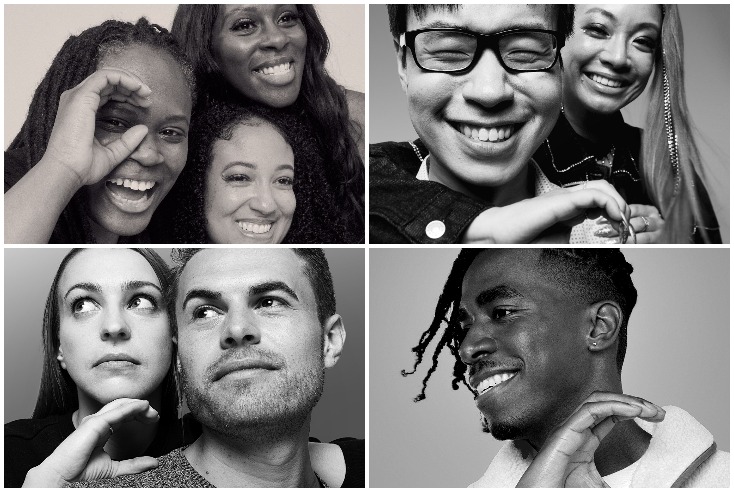
Clubhouse is laying off more than half of its staff.
The social audio app, which saw impressive usage amid pandemic lockdowns, is in need of a reset, according to the company’s founders Paul Davison and Rohan Seth.
In a note to employees informing them of the drastic measures, the pair wrote that Clubhouse has struggled to stay relevant to users in the post-pandemic environment.
“Clubhouse was designed to be a place where you could come together with friends, meet their friends and talk. It works really well when your friends are on the product and you have the time to meet up. […] But as the world has opened up post-Covid, it’s become harder for many people to find their friends on Clubhouse and to fit long conversations into their daily lives.”
They said the product “needs to evolve”, and that the large staff cuts, while regretful, are necessary in order to become more nimble. The group also highlighted the challenges in adapting the product while working from home.
“It’s difficult for us to communicate the strategy to cross-functional teams when it’s evolving by 1% each day, or to make quick changes when each surface is owned by a different product squad. Being remote has made this especially challenging for us. The end result is that it’s hard for teams to coordinate, people feel blocked by us, and brilliant, creative people are left underutilised.”
Clubhouse’s debut in in March 2020 was benefitted by perfect timing. The first social audio app, it provided the novel ability for friends and strangers alike to get together virtually to discuss practically anything, at a time when individuals were starved for social interaction amid pandemic lockdowns. But its fledgling success caught notice of other social media platforms. Twitter, Facebook, Telegram, Discord, Reddit, Slack, and Spotify all introduced their own social audio features, to varying degrees of success.
The crowded competition, alongside an uncertain business model and a receding pandemic, caused some analysts to doubt Clubhouse’s ability to stay relevant. In a feature last May, Katie Hunter, social and influencer lead at ad services company Accenture Song, compared Clubhouse’s rise, fall, and eventual plateau to other apps like Houseparty, BeReal, and Snapchat.
“We see this fluctuation in fame, engagement, love and hate regularly but what we have also learnt is that who survives and who thrives is not always easy to predict or ascertain. […] “The platforms that last are those that can adapt and evolve in line with our demands, and this is always going to be tough for apps and platforms built out of such a specific need,” says Hunter.
But Clubhouse’s co-founders remain optimistic: “We have a clear vision for what Clubhouse 2.0 looks like and we believe that with a smaller, leaner team we will be able to iterate faster on the details, build the right product and honour our teammates who helped us get here.”
